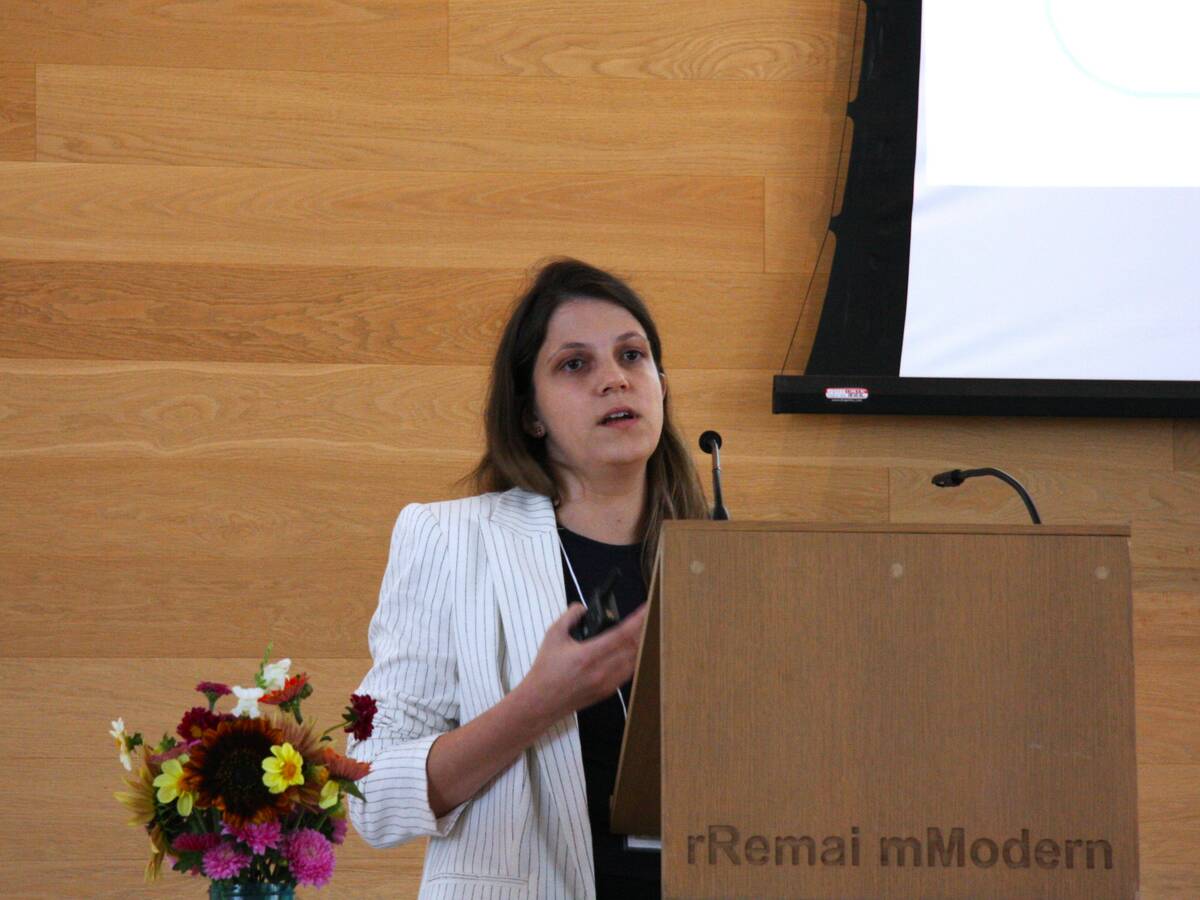SARM went home with a bad taste in its mouth over how the federal government treats Western Canada, says the group’s president Sinclair Harrison.
“This feeling of alienation from Ottawa is not a rural issue, but a Western Canadian issue,” said Harrison, who was re-elected president at the Saskatchewan Association of Rural Municipalities 96th annual convention in Saskatoon March 12-15.
The convention followed on the heels of a four-day board meeting of the Federation of Canadian Municipalities in Quebec, where Harrison said urban municipalities in Alberta shared SARM’s discontent.
Read Also

Fusarium head blight mycotoxin detector in the works
A PhD student at the University of Saskatchewan has been working on developing a method of detecting fusarium damaged kernels to ease the struggles of producers, agronomists and industry.
The anti-Ottawa sentiment was woven into a number of resolutions at SARM’s convention. They included the call for the creation of a provincial police service and increased support for farmers over the $500 million announced recently. And it was fueled by the noticeable absence of federal ministers Lyle Vanclief and Ralph Goodale, both of whom were asked to speak but declined.
“You’d think out of 171 Liberal MPs, someone could have come to Western Canada to speak to the largest rural organization in the province,” said Harrison.
The call for a provincial police force, put forward by the RM of Val Marie, was in response to gun registration legislation being enforced by the RCMP in a province that had opted out of the enforcement of gun registration.
“It’s not a reflection on the RCMP but a reaction to Ottawa imposing things we do not want,” said Harrison.
The farm income crisis loomed large for the more than 2,000 delegates who gathered on behalf of 297 RMs.
Weighing heavily on their minds was the large amount of agricultural land up for rent that could be without a crop “growing up to weeds” this year.
“We don’t know what’s going to happen this spring,” Harrison said, citing concerns RMs have about controlling weeds blowing off these vacant fields.
“RMs are not into the farming business.”
SARM called on premier Lorne Calvert to meet with other provinces and send a delegation to Ottawa to get more money.
“If the premiers are not prepared to do that, it’s a negative reflection on rural Canada,” he said.
SARM is optimistic its Ottawa lobbyist David Miller will help the campaign.
Harrison noted the different tone in Ottawa from one year ago. He hopes there will be an impact now that there are 100 Liberal MPs from Ontario, representing grain farmers in that province who are also hurting.
He also feels positive about the Saskatchewan government backing away from amalgamating rural districts and lifting mandatory certification for RM administrators.
The threat of health-care amalgamation was a topic of heated debate during a SARM bearpit session with the provincial cabinet. Harrison said he will await the release of the Ken Fyke report reviewing health care in Saskatchewan before “overreacting.”
SARM approved a pre-emptive strike in a resolution opposing amalgamation amid fears the Fyke report, expected in April, will recommend health care districts shrink from 33 to 13.
Harrison is cautiously optimistic the new provincial department of rural revitalization might work out.
“It appears the government is going to do something in that area,” he said. “Our membership has not given up.”
The perennial education tax issue remained a source of irritation among members, despite a cash influx, representing a 25 percent reduction on property taxes. SARM’s beef is with how the money is doled out, through cumbersome provincial forms. Harrison believes the program could be handled locally by RM administrators for less cost.
“It’s $50 million worth of relief over two years and should be a good news story and could be a better story.”














